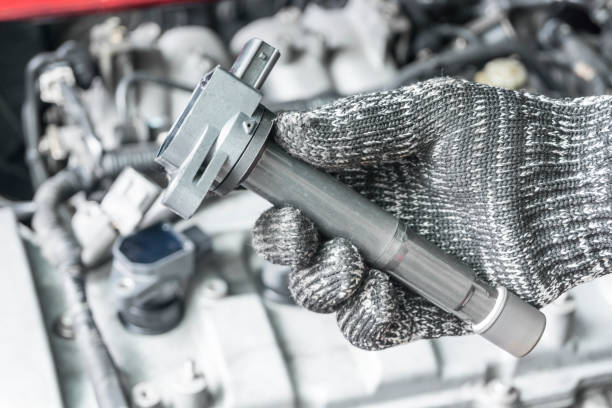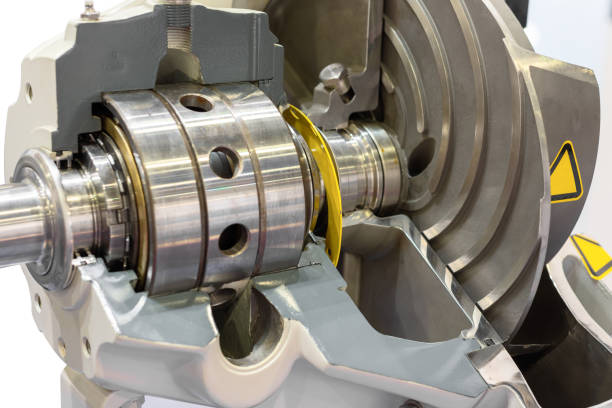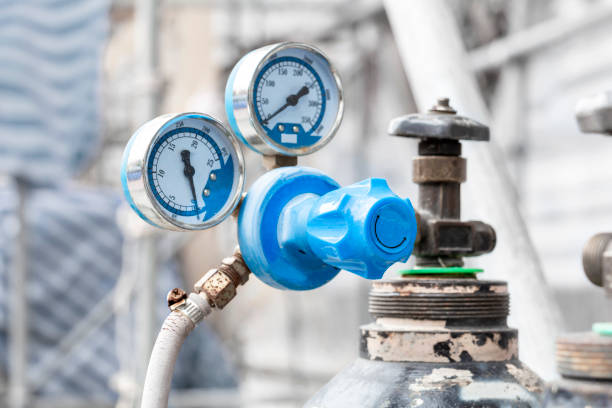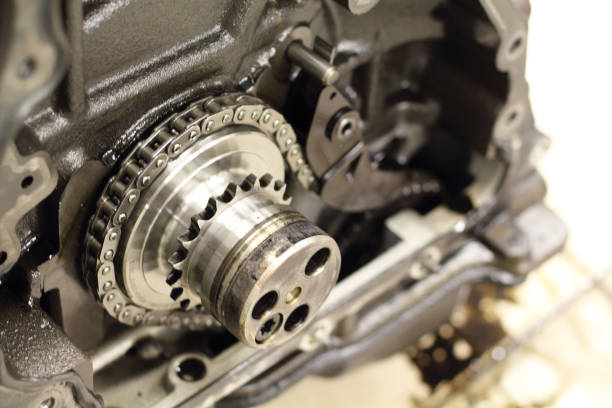
Is Fuel Induction Service Necessary? A Comprehensive Guide
Fuel induction service is often recommended by mechanics and auto service centers, but is it truly necessary? Understanding the ins and outs of this service can help you make an informed decision about maintaining your vehicle’s health. In this blog, we’ll dive into what fuel induction service is, its benefits, and whether it’s worth the investment.
What is Fuel Induction Service?
Fuel induction service is a procedure that cleans the intake valves, fuel injectors, and combustion chambers of your engine. Over time, carbon deposits and other residues can build up in these areas, affecting your car’s performance and fuel efficiency. The service typically involves the use of specialized cleaning agents to remove these deposits.

Benefits of Fuel Induction Service
1. Improved Fuel Efficiency
One of the primary benefits of fuel induction service is improved fuel efficiency. Carbon buildup can cause your engine to work harder, reducing its efficiency. By cleaning the fuel system, you can restore optimal fuel flow and combustion, leading to better mileage.
2. Enhanced Performance
A clean fuel system ensures that your engine runs smoothly. If you’ve noticed a decline in your car’s acceleration or overall performance, a fuel induction service might help restore its original power and responsiveness.
3. Reduced Emissions
Carbon deposits in your engine can increase the emission of harmful gases. By cleaning these deposits, fuel induction service can help your vehicle meet emission standards and reduce its environmental impact.
4. Prolonged Engine Life
Regular maintenance, including fuel induction service, can extend the lifespan of your engine. By keeping the fuel system clean, you reduce the wear and tear on engine components, potentially avoiding costly repairs down the line.
When Should You Consider Fuel Induction Service?
While fuel induction service offers several benefits, it’s not always necessary for every vehicle. Here are some factors to consider:
1. Manufacturer’s Recommendations
Check your vehicle’s owner’s manual for the manufacturer’s maintenance schedule. Some manufacturers recommend fuel induction service as part of regular maintenance, while others do not.
2. Driving Conditions
If you frequently drive in stop-and-go traffic, short trips, or dusty conditions, your engine may accumulate carbon deposits more quickly. In such cases, a fuel induction service may be more beneficial.
3. Noticeable Symptoms
Pay attention to your car’s performance. Symptoms like rough idling, reduced fuel efficiency, poor acceleration, or an illuminated check engine light may indicate the need for a fuel induction service.
Is Fuel Induction Service Worth the Cost?
The cost of fuel induction service can vary widely, ranging from $150 to $250 or more, depending on your location and vehicle type. Before deciding, consider the following:
1. Cost vs. Benefit
Weigh the cost of the service against the potential benefits. If your vehicle is older or has high mileage, the service might provide noticeable improvements. However, for newer vehicles or those with low mileage, the benefits may be less significant.
2. Alternative Solutions
Sometimes, using high-quality fuel and fuel additives can help keep your engine clean without the need for a full fuel induction service. Consult with your mechanic to determine if these alternatives are suitable for your vehicle.
Conclusion
Fuel induction service can offer significant benefits in terms of improved fuel efficiency, enhanced performance, reduced emissions, and prolonged engine life. However, it’s not always necessary for every vehicle. By considering your vehicle’s maintenance schedule, driving conditions, and any noticeable symptoms, you can make an informed decision about whether fuel induction service is right for you.
Remember, regular maintenance is key to keeping your vehicle running smoothly. Consult with a trusted mechanic to determine the best care plan for your specific needs.



